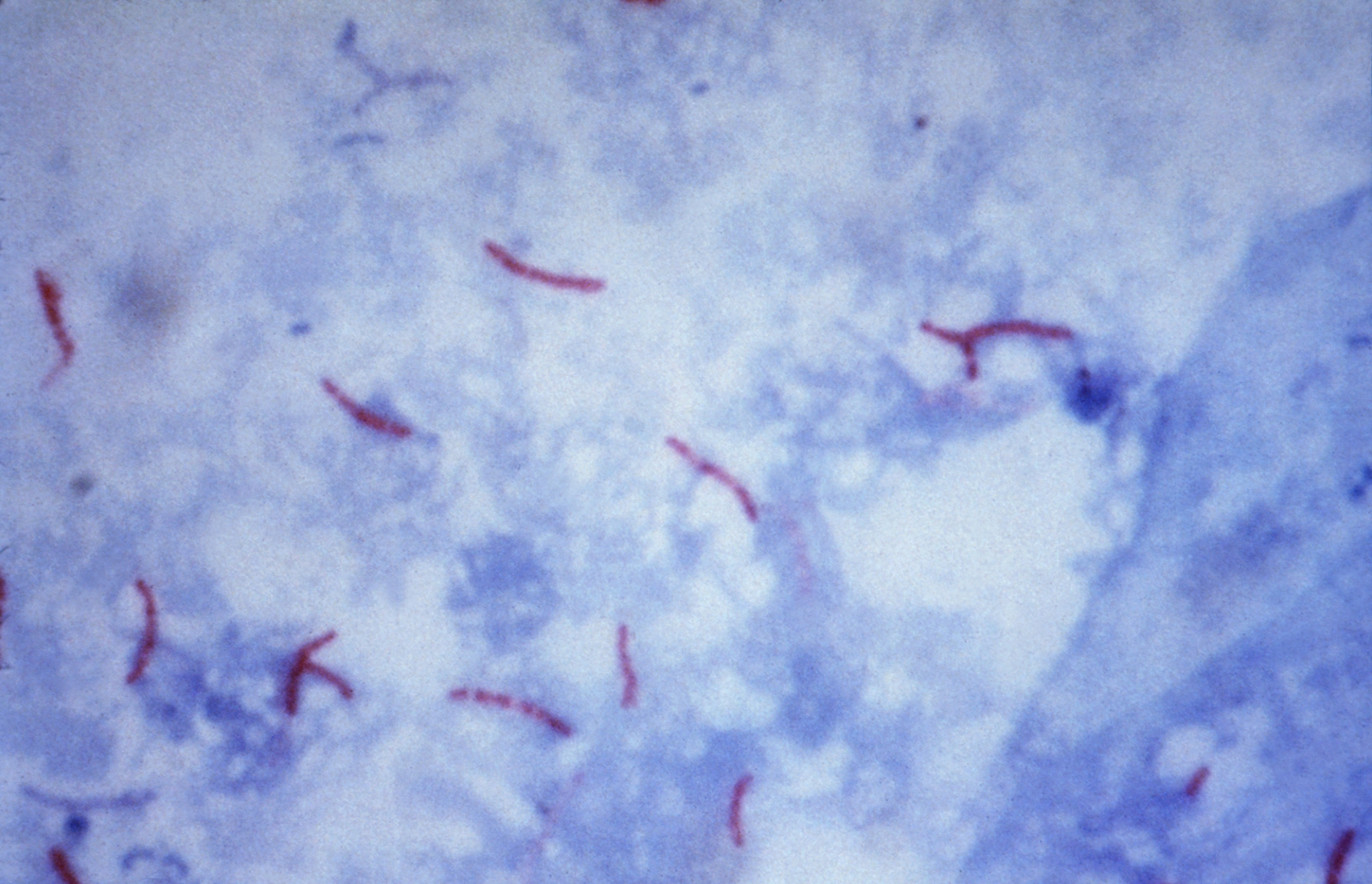
Mycobacterium tuberculosis, discovered by Robert Koch in 1882, is the organism that causes tuberculosis—commonly known as TB. After introduction of the BCG (Bacille Calmette-Guérin ) vaccine in 1919 and antibiotic treatment in the 1950s, the hope was that TB would be finally consigned to history—that Mycobacteruim tuberculosis would be a name only associated with the pre-antibiotic era and would not be a part of the 21st century world. However, over the last 30 years the emergence of multi-drug resistance and the worldwide HIV epidemic have led to the re-emergence of TB to the point where the following statements are true:
There is an urgent need to develop new tuberculosis (TB) vaccines to safely and effectively boost Bacille Calmette-Guérin (BCG)–triggered T cell immunity in humans (Smaill et al., 2013).
Tuberculosis is one of the most deadly infectious diseases. The situation is worsening because of co-infection with HIV and increased occurrence of drug resistance (Kaufmann 2011).
According to a recent review (Kaufmann, 2011), every minute 20 new people become infected, and 4 people die from TB. These shocking statistics have led to an increase in public and private funding for TB research and have resulted in renewed efforts to develop effective treatments, including drugs and vaccines to combat the disease. Research efforts over the last 5-10 years have resulted in the development of several new vaccine candidates that are in early-stage clinical trials.
Developed by Albert Calmette and Camille Guérin at the Pasteur Institute in the early 20th century, the ninety-year-old BCG (Bacille Calmette-Guérin) vaccine is still the only anti-TB vaccine available. BCG contains a live attenuated strain of Mycobacterium bovis, a Mycobacterium closely related to M. tuberculosis. The vaccine is effective at preventing disease in children, but is less effective in adults. Also, as a live vaccine, there are safety concerns for the immunocompromised patients who are most at risk for re-emergence of latent TB infections. Thus, there is a strong impetus to find new vaccines that are effective at preventing adult disease.
A discussion of many of the new anti-TB vaccine candidates in development is available in the 2011 review by Kauffman linked below. Some of the new vaccine candidates are recombinant versions of the BCG vaccine, others use mutated M. tuberculosis strains. Others, like the one in the recent Science Translational Medicine paper, use viral vectors expressing individual M. tuberculosis antigens to boost immunity after BCG vaccination.
In the Science Translational Medicine study, 24 individuals were immunized with an Adenoviral vector expressing the M. tuberculosis antigen Ag85A—a protein involved in formation of lipid storage bodies required for the establishment and maintenance of persistent infection. The vaccine was shown to be safe and immunogenic in individuals regardless of whether they had been previously immunized with BCG, but BCG-immunized individuals had a stronger response. The vaccine was shown to boost the antigen-specifc response of CD4+ and CD8+ T cells in BCG immunized individuals. Because the vaccine is based on a common human Adenovirus—AdHu5, to which many people have antibodies, the study also evaluated whether these pre-existing anti-Adenovirus antibodies lessened the anti-Ag85A immune response. No significant correlation between levels of circulating AdHu5 antibodies and the Ag85A specific T-cell reactivity were found.
The authors point out that this is a preliminary study, and that a larger study that includes testing in people with latent TB or HIV infection is required. However, the results suggest that this vaccine is a promising candidate for such further clinical investigation. If this or any of the other anti-TB vaccines in development are successful, maybe the 100th anniversary of the BCG vaccine in 2019 will not only celebrate that scientific milestone, but will herald the availability of replacement vaccines that are safe and effective have the potential to rid the world of the scourge of TB once and for all.
Here are the papers:
![]() Smaill F, Jeyanathan M, Smieja M, Medina MF, Thanthrige-Don N, Zganiacz A, Yin C, Heriazon A, Damjanovic D, Puri L, Hamid J, Xie F, Foley R, Bramson J, Gauldie J, & Xing Z (2013). A Human Type 5 Adenovirus-Based Tuberculosis Vaccine Induces Robust T Cell Responses in Humans Despite Preexisting Anti-Adenovirus Immunity. Science translational medicine, 5 (205) PMID: 24089406
Smaill F, Jeyanathan M, Smieja M, Medina MF, Thanthrige-Don N, Zganiacz A, Yin C, Heriazon A, Damjanovic D, Puri L, Hamid J, Xie F, Foley R, Bramson J, Gauldie J, & Xing Z (2013). A Human Type 5 Adenovirus-Based Tuberculosis Vaccine Induces Robust T Cell Responses in Humans Despite Preexisting Anti-Adenovirus Immunity. Science translational medicine, 5 (205) PMID: 24089406
![]() Kaufmann SH (2011). Fact and fiction in tuberculosis vaccine research: 10 years later. The Lancet infectious diseases, 11 (8), 633-40 PMID: 21798463
Kaufmann SH (2011). Fact and fiction in tuberculosis vaccine research: 10 years later. The Lancet infectious diseases, 11 (8), 633-40 PMID: 21798463
Isobel Maciver
Latest posts by Isobel Maciver (see all)
- 3D Cell Culture Models: Challenges for Cell-Based Assays - August 12, 2021
- Measuring Changing Metabolism in Cancer Cells - May 4, 2021
- A Quick Method for A Tailing PCR Products - July 8, 2019
